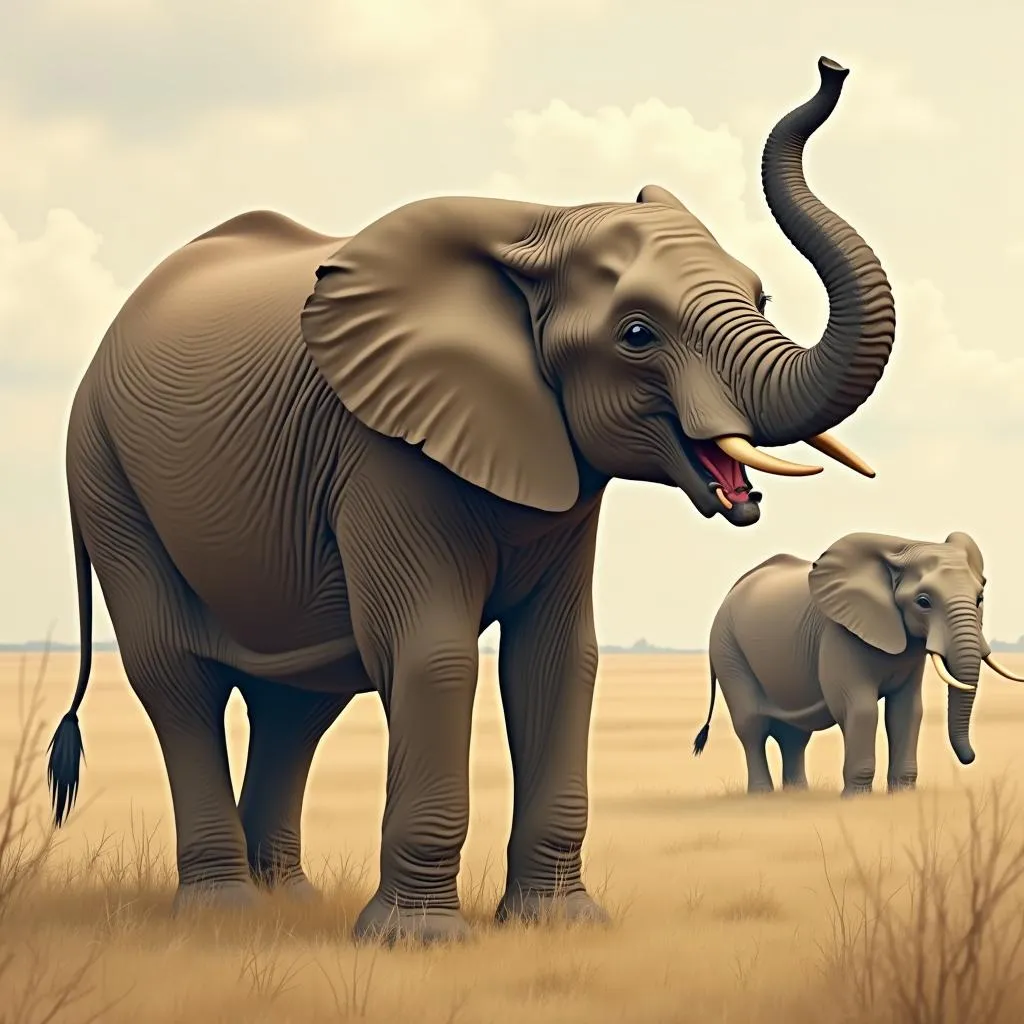African Catfish IUCN: Conservation Status and Threats
African catfish (Clarias gariepinus) are a vital part of many African ecosystems. Understanding their IUCN status is crucial for ensuring their continued survival. This article delves into the conservation status of African catfish, exploring the threats they face and the measures being taken to protect them.
Understanding the African Catfish and its Importance
African catfish are a highly adaptable species, thriving in a variety of freshwater habitats across the continent. They play a significant role in local economies, providing a crucial source of protein and income for many communities. Their presence also contributes to the overall health of aquatic ecosystems, helping to maintain balance within the food chain. Beyond their ecological and economic importance, African catfish hold cultural significance in several African societies, featuring in traditional stories and cuisines. Understanding the complex role of this species highlights the importance of its conservation. african fish for sale
Why is the IUCN Status Important?
The IUCN (International Union for Conservation of Nature) Red List provides a globally recognized assessment of the conservation status of species. For the African catfish, this assessment is essential in informing conservation efforts and policy decisions. By understanding the threats and vulnerabilities faced by the species, we can better develop strategies to protect them and ensure their long-term survival. What is the current IUCN status of the African catfish? Currently, the African catfish is categorized as Least Concern, indicating that it is not currently facing a high risk of extinction.
Threats to African Catfish Populations
Despite being categorized as Least Concern, several factors pose threats to African catfish populations. These include habitat degradation, overfishing, and the introduction of invasive species. Pollution from agricultural runoff and industrial waste further compromises water quality, impacting catfish health and reproduction. Climate change also adds to the challenges, altering water temperatures and rainfall patterns, disrupting the delicate balance of their aquatic environments. Addressing these threats is critical to maintaining the healthy populations of African catfish.
How does Overfishing Affect African Catfish?
Overfishing can drastically reduce catfish populations, disrupting the natural balance of aquatic ecosystems and impacting local communities that depend on them for food and livelihood. Implementing sustainable fishing practices is key to mitigating this threat. What can be done to combat overfishing? Promoting responsible aquaculture, enforcing fishing regulations, and raising awareness among local communities about the importance of sustainable fishing are crucial steps.
Conservation Efforts for African Catfish
Various initiatives are underway to protect African catfish and their habitats. These include implementing sustainable fishing practices, promoting responsible aquaculture, and restoring degraded wetlands. Conservation organizations are working with local communities to raise awareness about the importance of protecting these fish and their ecosystems.
What role does aquaculture play in conservation?
Aquaculture can relieve pressure on wild catfish populations by providing an alternative source of fish for consumption. However, it’s essential that aquaculture practices are environmentally sustainable to avoid creating new problems, such as water pollution and habitat destruction. How does sustainable aquaculture benefit African catfish? Sustainable aquaculture minimizes environmental impact, ensures the long-term health of aquatic ecosystems, and contributes to the sustainable management of African catfish populations. african fish eagle kruger national park
Conclusion
The African catfish, while currently listed as Least Concern by the IUCN, faces increasing pressures from human activities and environmental changes. Continued monitoring of their populations and implementation of conservation efforts are essential to ensure their long-term survival. Understanding the threats and taking proactive measures will safeguard this valuable species for future generations.
FAQ
- What is the current IUCN status of the African catfish? Least Concern.
- What are the main threats to African catfish? Habitat degradation, overfishing, invasive species, pollution, and climate change.
- How can I contribute to African catfish conservation? Support sustainable fishing practices and responsible aquaculture.
- Why is the African catfish important? It plays a vital role in ecosystems, economies, and cultures across Africa.
- What is being done to protect African catfish? Conservation initiatives include sustainable fishing, responsible aquaculture, and habitat restoration.
- Where can I find more information about the IUCN Red List? Visit the official IUCN website.
- What are the characteristics of the African catfish? It is a highly adaptable freshwater species found across Africa.
When you need assistance, please contact Phone Number: +255768904061, Email: [email protected] Or visit: Mbarali DC Mawindi, Kangaga, Tanzania. We have a 24/7 customer care team.
